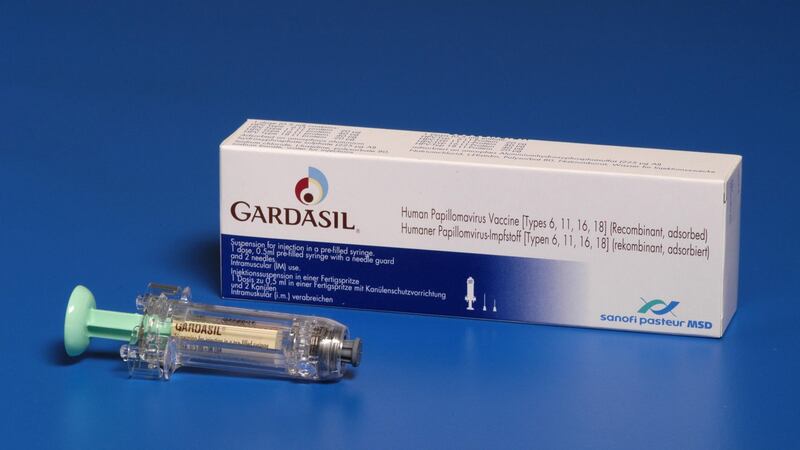The largest oral HPV study carried out in England has shown infection rates to be lower than expected.
Scientists who carried out the research said they welcomed the introduction of offering the Human Papilloma Virus (HPV) vaccination to boys as well as girls, but said their findings show more protection is needed against other high risk strains.
They said the majority of individuals testing positive for high risk strains of HPV were also positive for strains other than those covered by the current vaccine (HPV 16 and HPV 18).
The research, carried out by the University of Sheffield, found smoking and sexual behaviour were shown to be risk factors for oral HPV infection, which can lead to oropharyngeal (throat) cancer and is becoming more common worldwide.
They said HPV virus is usually associated with cervical cancer but there is less recognition of the fact that it causes oropharyngeal cancer.
The study, published in the British Medical Journal Open, follows the announcement last month that boys aged between 12 and 13 in England will be offered the vaccine to protect them against HPV-related cancers.
The study of 700 men and women in Sheffield, which is the largest of its kind in England, looked for high risk HPV (HR-HPV) infection and also asked participants lifestyle questions relating to their sexual history and tobacco use.
A total of 2.2% of people were infected with oral HR-HPV infection with 0.7% positive for HPV16 or HPV18.
But they said overall infection rates were lower than expected, when compared to previous studies.
Separate pieces of research in Scotland and the United States had both found 3.7% of individuals positive for oral HR-HPV.
Former smokers were significantly more likely to be HR-HPV positive compared with those that had never smoked. The study also found that participants with a greater number of sexual or oral sexual partners were more likely to be HR-HPV positive.
Dr Vanessa Hearnden, from the Department of Materials Science and Engineering at the University of Sheffield, said: “Previous studies have been US-focused or in smaller UK studies in London or Scotland.
“This is the first study in the North of England and found lower rates of oral high-risk human papillomavirus infection.
“We fully support the newly announced HPV vaccination programme for boys which will reduce the risk of HPV related cancers including throat cancer in men and will also provide further prevention of cervical cancers through herd immunity.
“However, we found the majority of individuals testing positive for high risk strains of HPV were actually positive for strains other than those covered by the current vaccine (HPV 16 and HPV 18).
“This shows the need to consider newer vaccines which protect against more HPV strains in the future and for individuals to be aware of lifestyle risk factors such as number of sexual partners and tobacco use.”








